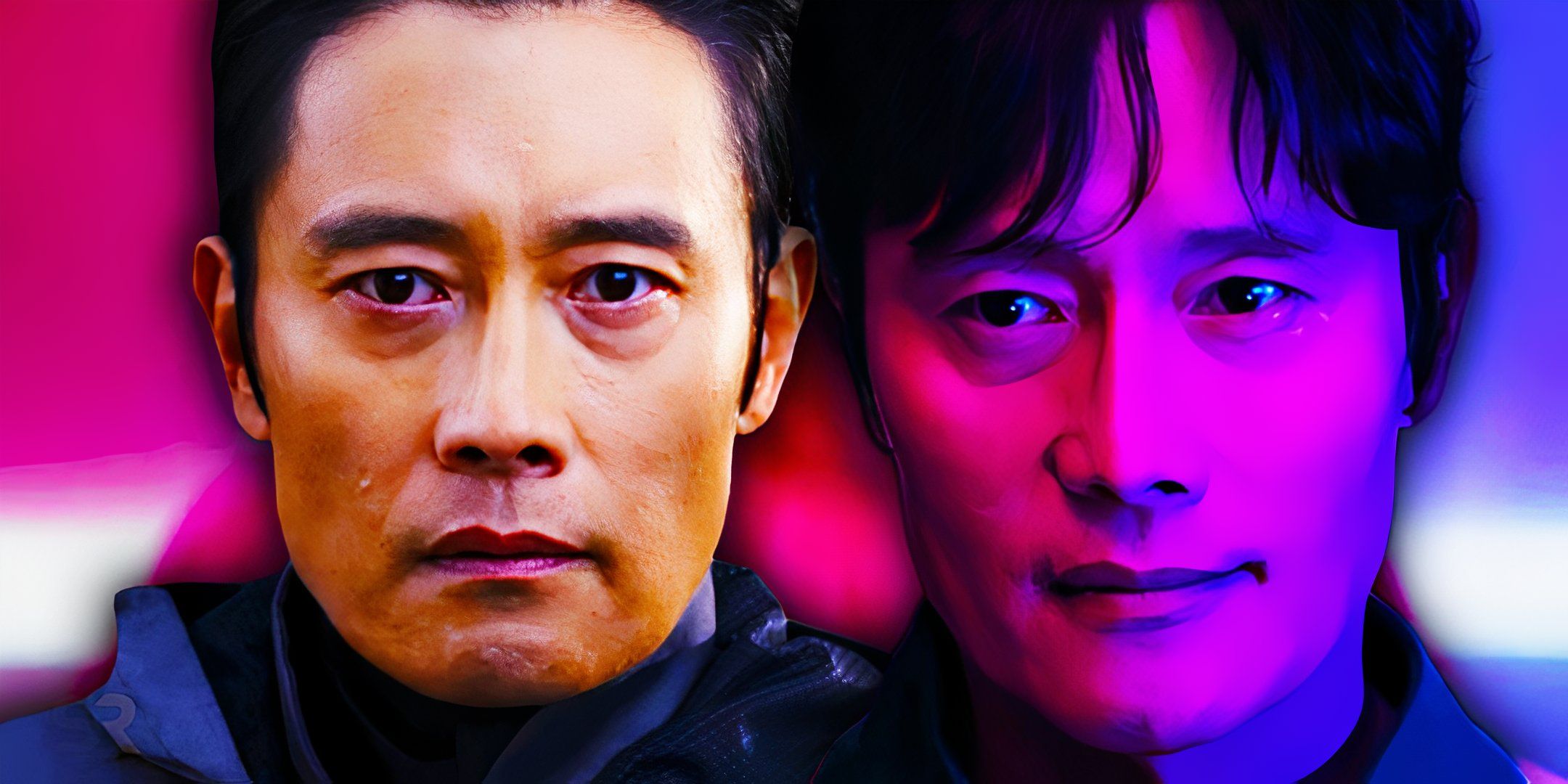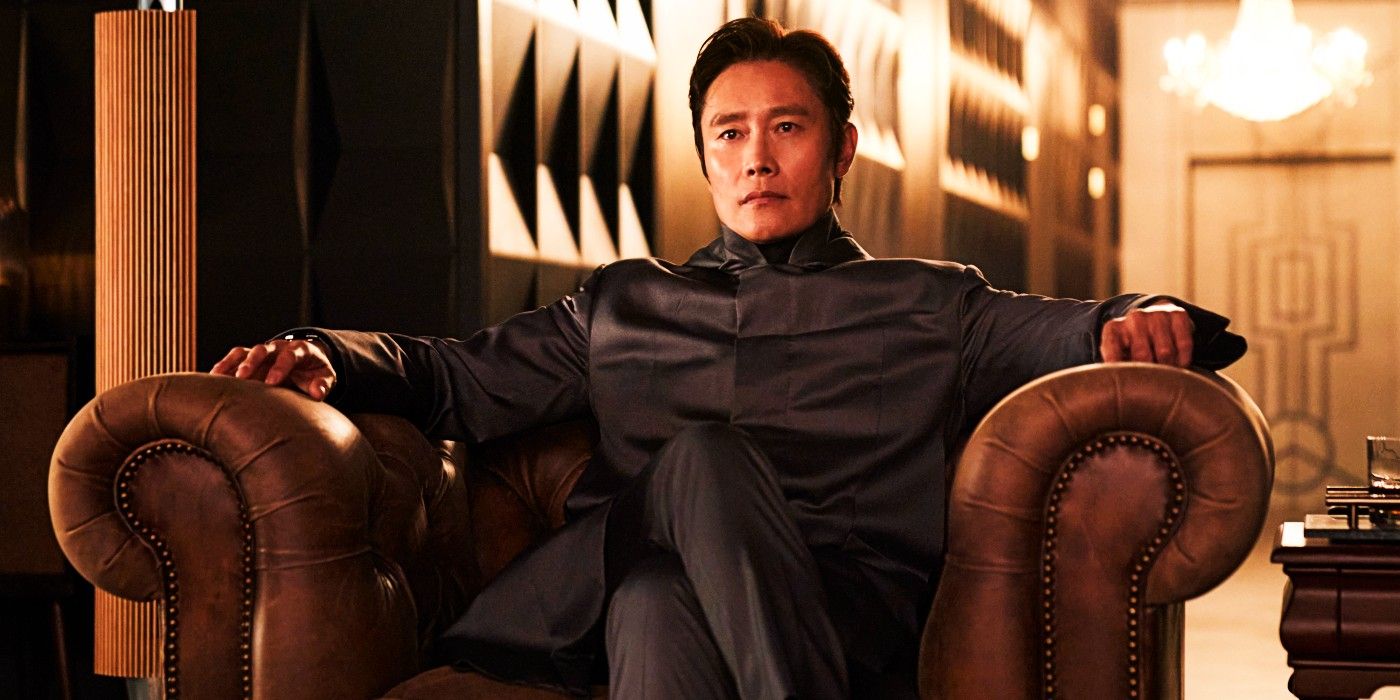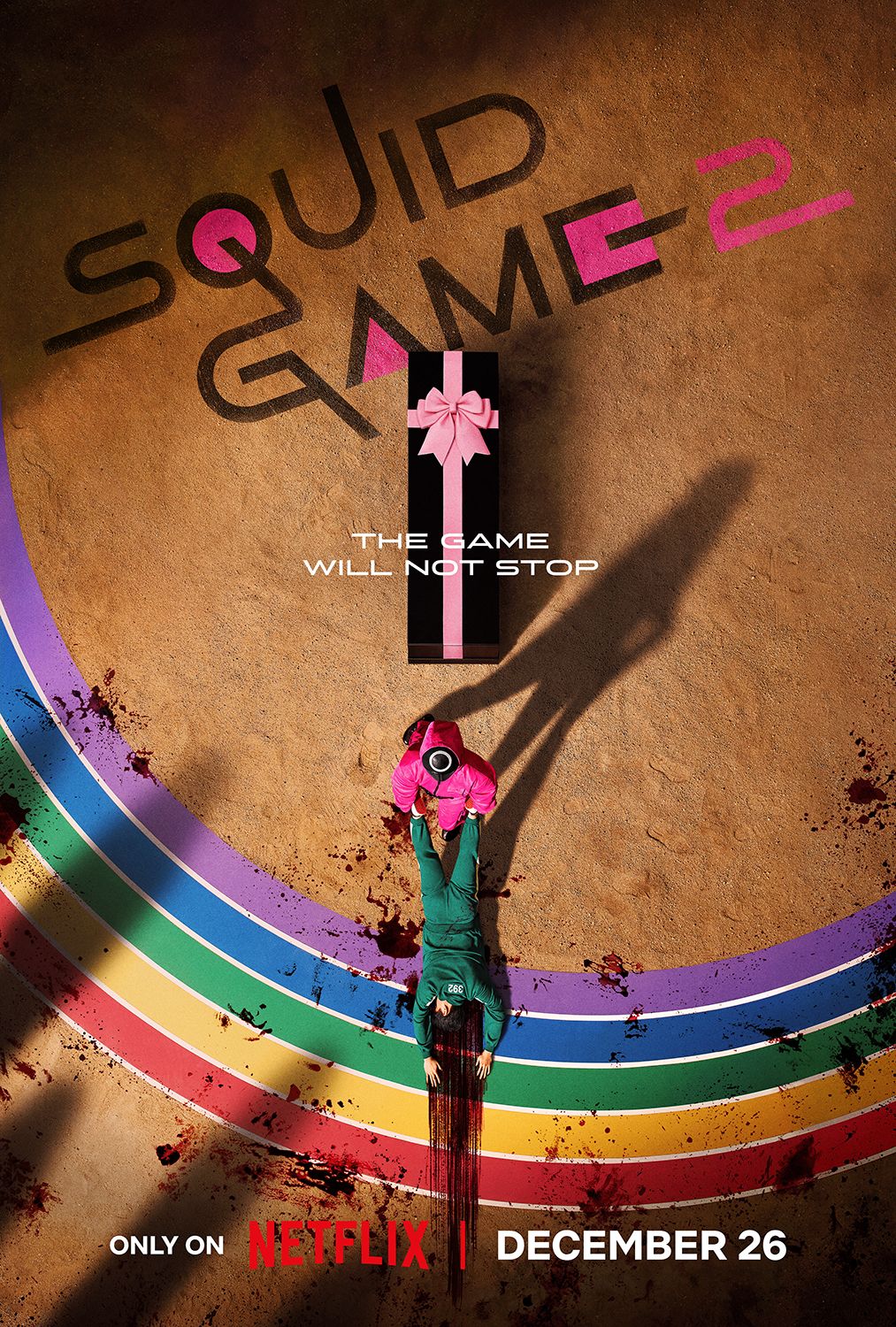Squid Game‘s Front Man star Lee Byung-hun elaborates on his character’s internal struggle until the final moments of season 2. The series has continued its exploration of power and human nature through its survival games, which specifically target people in financial need. As one of the most crucial figures in the series, the Front Man (Lee) has been a symbol of both fear and authority, driving the deadly game behind the scenes. The big twist was that the Front Man joined the game disguised as Player 001 but eventually returned to his persona in the Squid Game season 2 ending and, not long after, killed Gi-hun’s best friend, Jung-bae.
While speaking with Netflix’s Tudum, Lee elaborated that the Front Man’s emotional turmoil is most evident in his decision to kill Jung-bae (Lee Seo-hwan). The Player 001 star believed that the antagonist may have felt “mixed emotions.“ However, he noted that despite their camaraderie, the Front Man ultimately chose the game over their bond, leading to Jung-bae’s death. His actions represent his complete devotion to maintaining control over the players, despite any personal feelings he may have had. Check out his comments below:
“There’s a very small part of Front Man that is actually rooting for Gi-hun along the way, because his biggest goal is to let Gi-hun know that he was wrong. He wanted to choose the most extreme way possible to make his point. [Jung-bae’s murder] is really the climax of Season 2. You could say that Front Man starts off the season with his mask off, but then returns to himself. He ends Season 2 with his mask back on.”
What This Means for Squid Game’s Characters
Even The Most Ruthless Characters Can Have Humanity
The Front Man, also known as In-ho, was a previous winner in the 2015 edition. He had a pregnant wife, who died due to her condition of liver cirrhosis. As a result, the Front Man likely lost faith in humanity and became the no-nonsense overseer. However, in season 2, he joined the game again to sabotage Gi-hun’s plans to save as many players. However, Lee and creator Hwang Dong-hyuk spoke about how the Front Man, at times, was rooting for Gi-hun to be right, which could explain his mixed emotions. This is pretty evident when there is a slight pause when he confronts Gi-hun before killing Jung-bae.
The Front Man’s internal conflict adds a new dimension to his character in season 2. While he has maintained an authoritarian role throughout the series, Lee’s reveal indicates that the Front Man is not entirely devoid of pity. His decision to kill Jung-bae manifests the overwhelming power of the system he upholds, suggesting that his commitment to the game supersedes any personal loyalty. The game and its rules are unyielding, pushing Squid Games’ characters to betray even their closest connections.
Related
Why The Front Man Really Infiltrates The Games As Player 001 & What His Plan For Gi-hun Is
A major twist in Squid Game season 2 sees In-ho, also known as The Front Man, join the games and pretend to be a useful ally to Gi-hun.
The Front Man’s ruthless actions cement his role as the enforcer of the game’s oppressive structure, effectively quashing any efforts to undermine the system. Gi-hun’s resistance to the game’s cruelty contrasts with the Front Man’s choice to eliminate Jung-bae. Their stark differences pose questions about morality between those who fight to protect others and those who protect the game’s brutal order. The Front Man’s return to his masked persona by the season’s end represents a full transformation back into a cold, calculating figure, reinforcing the show’s theme of sacrifice and the devastating consequences of loyalty to a broken system.
Our Take on the Front Man’s Struggle in Squid Game
The Front Man Is Just Another Example Of The Corruption Of The Games
The Front Man’s conflict in season 2 moves his character beyond the one-dimensional villain archetype. By revealing his conflicting emotions, and the ultimate choice to remain loyal to the game, Squid Game continues to explore the tension between human compassion and institutionalized cruelty. Complexity is part of what makes the series so compelling, proving that even the most feared characters can struggle with themselves.
Source: Tudum



